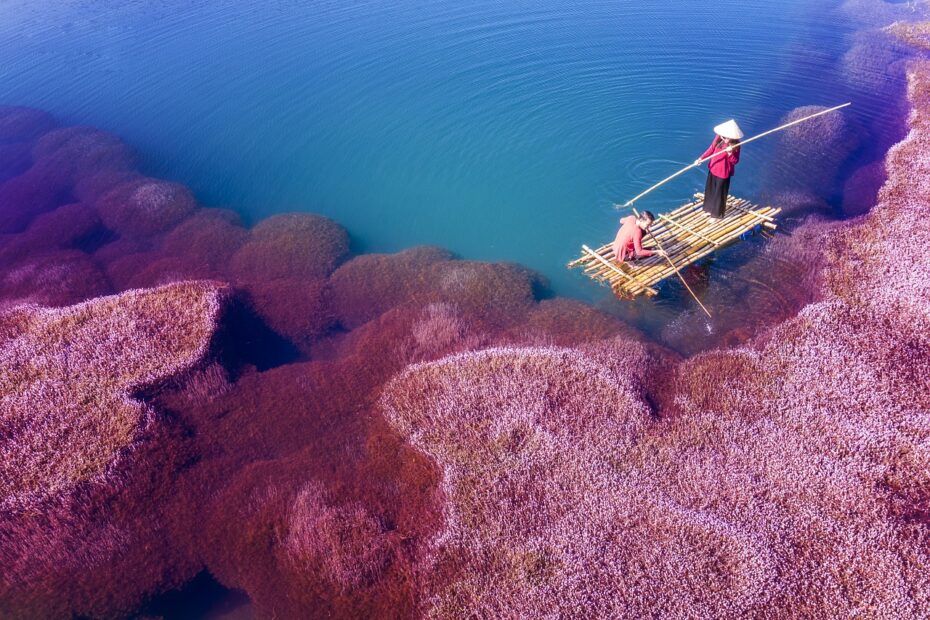
A startup in Sweden is set to revolutionize cattle farming with its production of Asparagopsis taxiformis, a red seaweed that drastically reduces methane emissions from cows when added to their feed. With methane from cow burps contributing significantly to global greenhouse gas emissions, finding solutions to this issue is critical. While previous efforts have shown promise, growing this seaweed on land appears to be particularly effective, reducing methane emissions by up to 60% when added to cattle feed.
The challenge lies in scaling up seaweed production to meet the demands of cattle farming worldwide. The startup aims to industrialize the process, utilizing waste heat from a nearby oil refinery to heat the facility and water needed for seaweed cultivation. Additionally, the factory will capture CO2 emissions, accelerating seaweed growth and further reducing its environmental footprint. By sourcing CO2 from carbon capture technology used by other industries, the startup aims to make its production process sustainable.
While the seaweed supplement won’t single-handedly solve environmental issues associated with cattle farming, it presents a significant step forward in reducing methane emissions. However, it’s essential to consider broader impacts of meat production, such as deforestation for cattle feed. Nonetheless, the seaweed supplement can serve as a transitional solution while consumers explore alternative, more sustainable options like plant-based diets.
Learn more at https://www.optimistdaily.com/2020/06/this-startup-is-farming-algae-to-reduce-the-environmental-footprint-of-cows/
